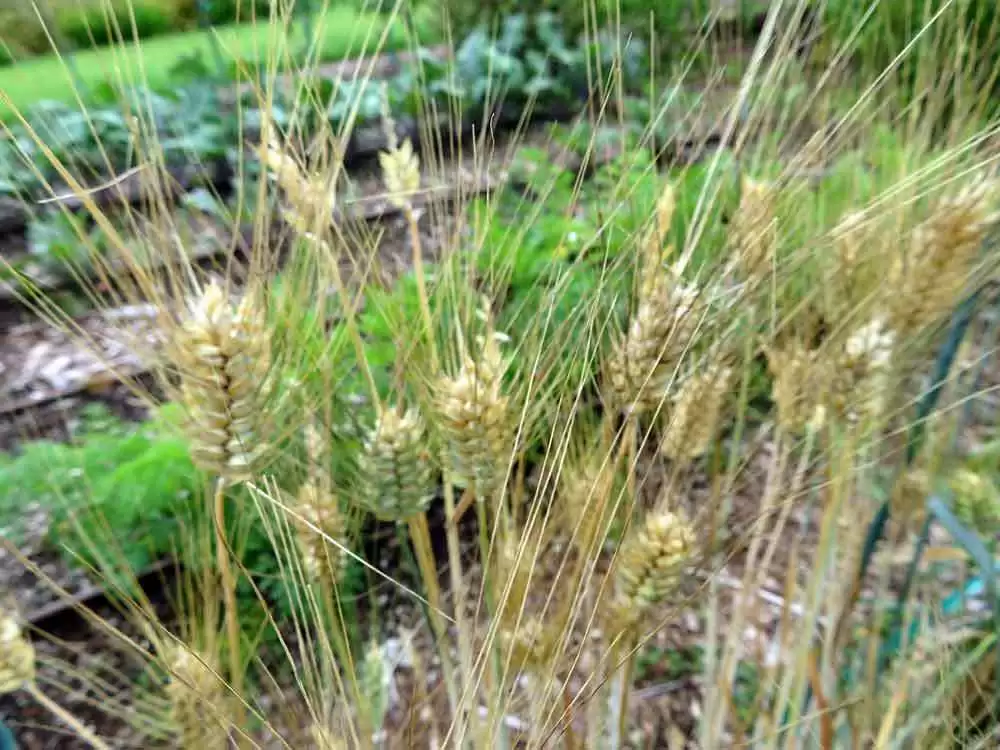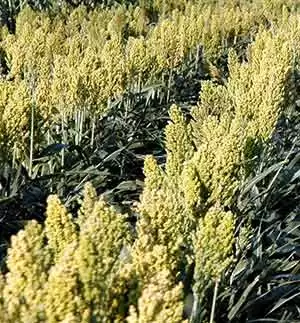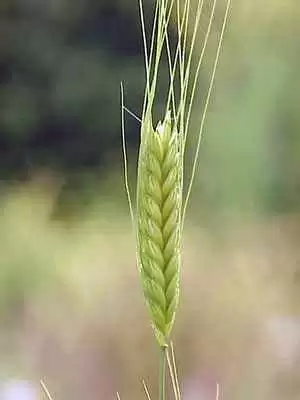Gastroenterology. 2005 Feb;128(2):393-401.
Celiac.com Sponsor (A12):
Celiac.com 02/09/2005 – Norwegian scientists have been mapping gluten T-cell epitopes in various wheat ancestors and have found several varieties that may be suitable for those with celiac disease. The trigger for celiac disease has been identified as the epitopes that cluster within a stable 33mer fragment of wheat chromosome 6D. The scientists extracted and screened gluten from a variety of modern wheat ancestors to look for any T-cell stimulatory gluten peptides. They found that the 33mer fragment is encoded by alpha-gliadin genes on wheat chromosome 6D, which does not exist in the gluten of diploid einkorn or in certain types of tetraploid pasta wheat.
These findings indicate that there may be grains that have long since been considered unsafe for those with celiac disease, but which may actually be safe and not contain any harmful gluten proteins. The most encouraging thing about this research is that baking and pasta-quality wheat ancestors could one day be added to our Open Original Shared Link, which would greatly increase the quality of gluten-free products.
Note: We strongly advise against celiacs including these grains in their diet until more testing and research is done to verify their safety.









Recommended Comments
There are no comments to display.